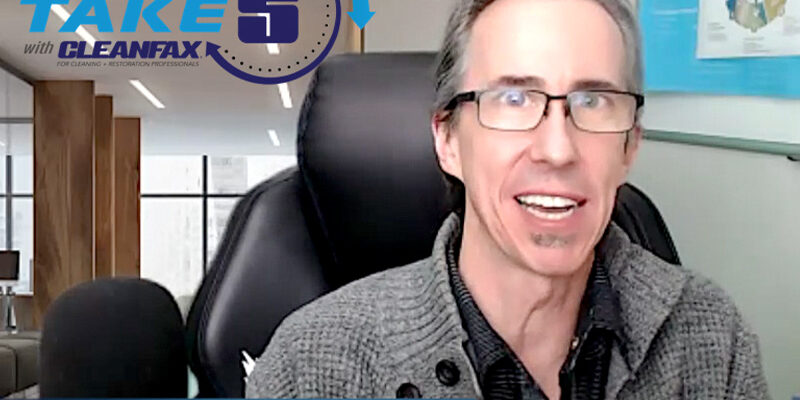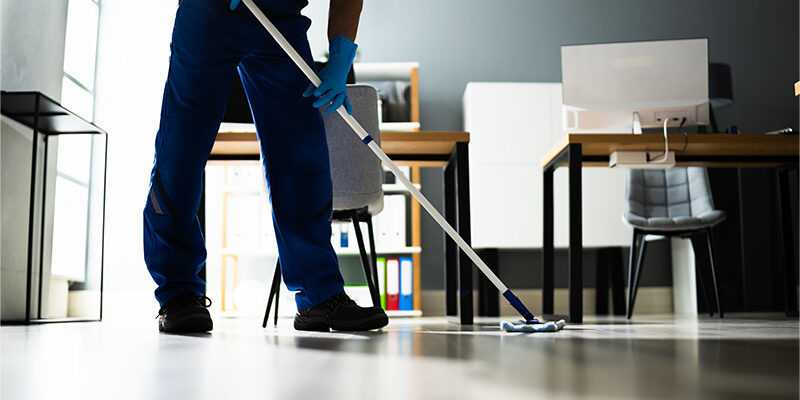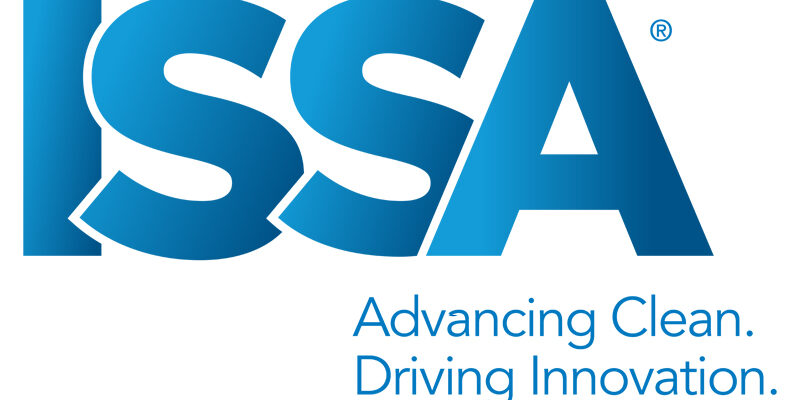How to Build a Cleaning DREAM Team

By Pam Washington
If you’re operating a cleaning service company in the United States, I’m not telling you anything you don’t already know when I say the job market hasn’t been this tight in a long time. The ability to consistently locate, attract, and hire top cleaning talent will make the difference between your business thriving and struggling. A reliable, high-performing staff leads to happy customers, the ability to meet the demand for your services, a great income, and the free time to enjoy it. An unreliable staff means turning down opportunities, losing market share, frustrated clients and owners, burn-out, and failure.
So if you find yourself hiring/firing cleaners with alarming speed and regularity, unable to retain or add clients because you don’t have enough good workers, or dealing with too many complaints, re-cleans, and schedule changes, I’d like to suggest using a behavioral interview method as part of your hiring practice.
Behavioral interviewing is based on the simple presumption that past behavior is a good indicator of future behavior, and as such, it seeks to identify certain traits and characteristics you need in the position you’re hiring for. Behavioral interviewing works best when it’s used in the context of a suite of tools, rather than as the only tool in your screening process.
STEP 1 | Define and limit what you’re looking for.
Just as customers seeking a cleaning service that’s great, fast, and cheap are likely to be disappointed, you must accept the fact that you can’t get everything you want—there are no perfect workers any more than there are perfect bosses. Instead, determine the skills you MUST have, and be willing to be flexible on the rest.
When hiring employees, you might, for instance, have pre-determined you’re looking for cleaners with critical thinking skills, the ability to prioritize tasks, and a proactive approach to customer satisfaction.
After managing my own cleaning company for 26 years (and counting), I’ve decided to hire first for character, and second (or not at all) for experience. We focus more on technical experience for our commercial accounts. But for employees who will be working primarily in customer homes, I’ve found that good character and demonstrating the three traits I’ve listed in the previous paragraph turn out to be much more important than being a great cleaner. A person who can problem solve, work on a timeline, and dedicate themselves to customer service beats the best cleaner with a bad attitude all day long.
STEP 2 | Understand and use the correct question structure.
The most effective behavioral interview questions contain two basic parts: The question stem, which asks the interviewee to recall a specific situation or task from their experience, and the completion of the question, which describes the characteristic you’re interviewing for. For example:
Tell me about a time when you went above and beyond in order to satisfy a customer.
The question structure is important because behavioral interviewing is all about searching for desirable past behaviors. You want your candidates to describe specific examples of their past behavior, rather than offering vague assurances that they care about customer service. The second part of the question focuses on the precise characteristic you are searching for. Notice that the example need not be related to cleaning; your candidates may have previously worked in retail or food service but if they have developed a dedication to customer satisfaction, then they have the trait you are looking for.
STEP 3 | Carefully craft your questions ahead of time.
To find the best employees, you must be intentional in your interviews. That means being prepared with carefully crafted questions that get at precisely the behaviors, character traits, and skills you are searching for in an employee. Here are some additional question stem formats:
- Describe a situation from your past when __________________.
- Describe an experience where ___________________________.
- Share an experience from your career when __________________.
To help the candidates tell you more about these experiences, be prepared to ask follow-up questions:
- What was the situation?
- What did you do?
- How did it turn out?
- What did you learn?
- What would you do differently?
STEP 4 | Document and implement a system for consistent behavioral interview techniques.
Documentation and training will be key to making this step flow smoothly. Make sure you fully document the interview strategy so you can teach others to perform this process. Don’t do “drive by” delegation; take the time to fully train, coach, observe, and refine your delegate’s performance so you set them up to win.
Finally, you need to track, measure, and refine your use of the behavioral interview method. You can’t improve what you don’t measure, so implement some simple tracking processes to monitor the results you get from this system. Do you get better performance from the employees you hire? Do you have less employee turnover? If the results are not what you desire, don’t assume the method doesn’t work; find what isn’t working and tweak or retrain to improve effectiveness.
The results
I’ve been successfully using the behavioral interview method for more than 15 years and have taught it to hundreds of cleaning business owners. It won’t measure things like intelligence, skill, or experience. It’s not a cure-all for every situation, nor can it be used in isolation. But when combined with background and reference checks and used consistently, it can make a world of difference in the quality and longevity of the cleaners you bring on board.
When you hire people who share your company values and possess the specific characteristics you need, you can improve your retention rates by up to 200%. This means that if 3 out of 10 cleaners you hire last more than one year, you could improve that to 9 out of 10. You could finally have the stable workforce needed to grow and expand, retain clients, get more referrals, take more time off, and ultimately operate more profitably.
Pam Washington founded her award-winning cleaning business in 1993. In 2011, she started Build My Cleaning Business, providing coaching and mentorship programs for established cleaning companies.












